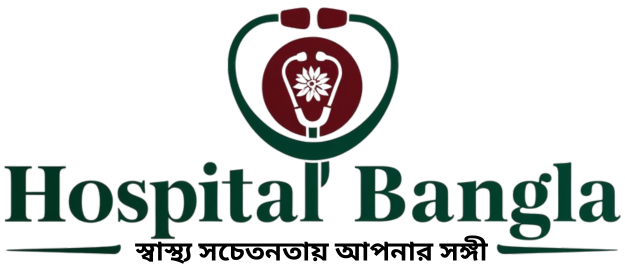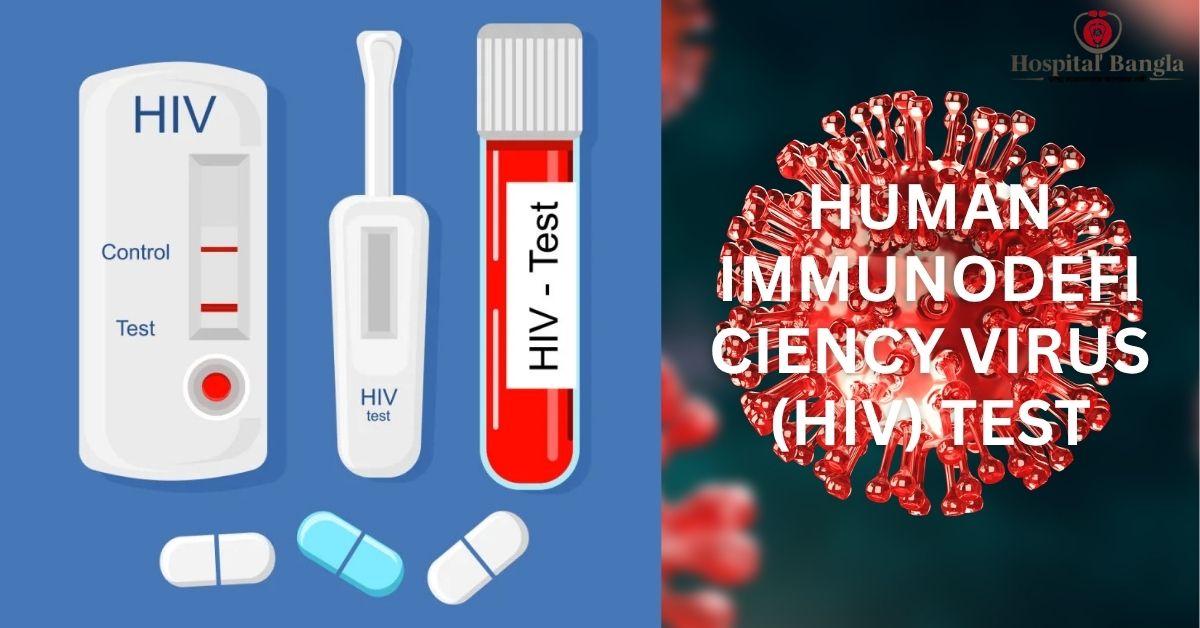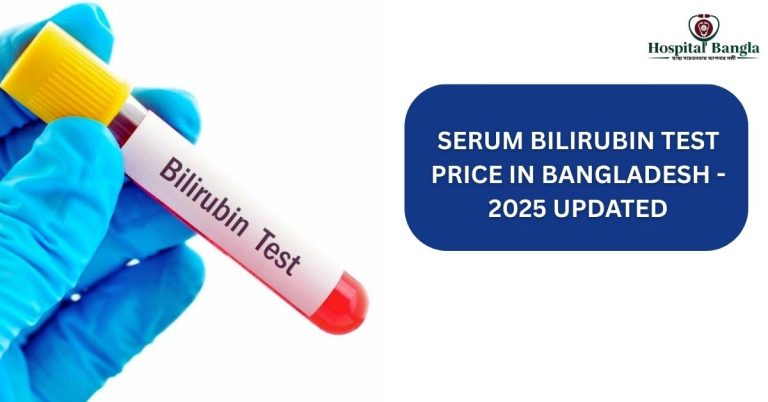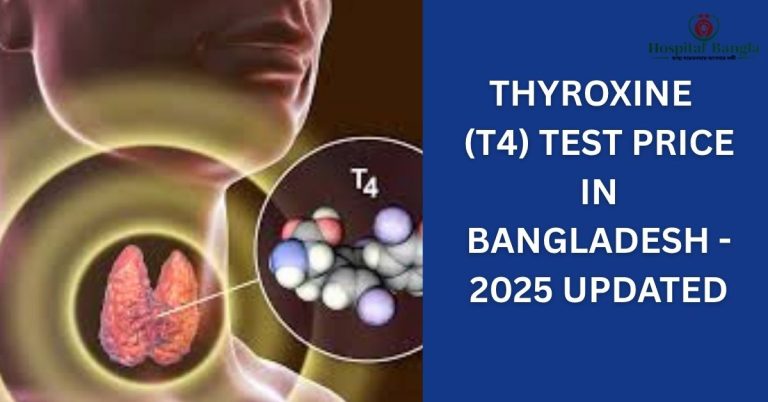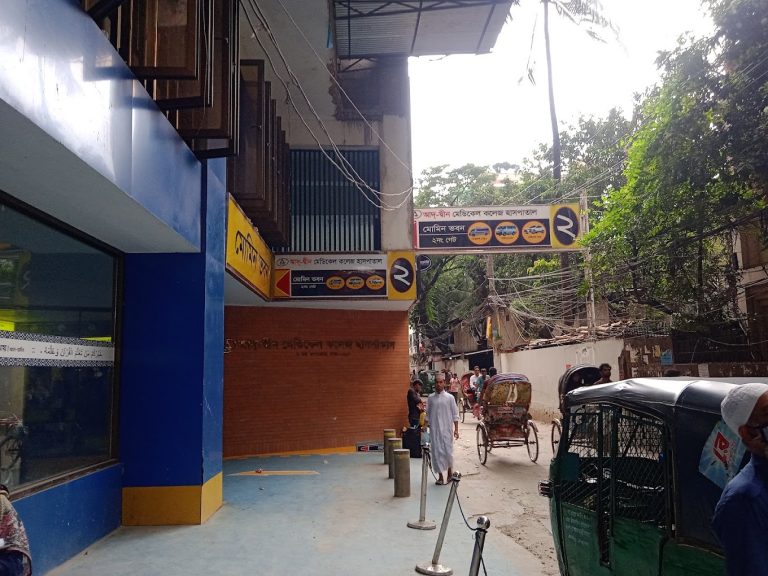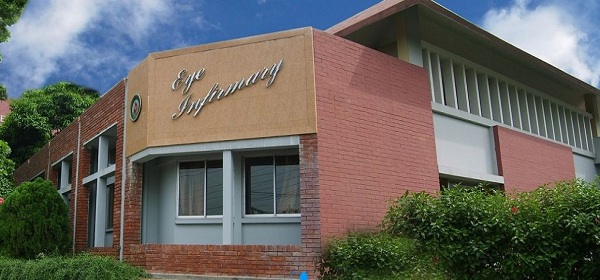HIV Test Price in Bangladesh: 2025 Updated
An HIV test is a medical procedure designed to detect the Human Immunodeficiency Virus (HIV), the virus responsible for causing Acquired Immunodeficiency Syndrome (AIDS) if left untreated. The primary purpose of an HIV test is to identify the virus early, allowing individuals to access timely treatment and care to manage the condition and prevent its progression. In Bangladesh, HIV testing is vital for those at risk, such as individuals who have engaged in unprotected sex, shared needles, or received unscreened blood transfusions. It’s also recommended as part of routine health check-ups or prenatal care to prevent mother-to-child transmission.
The HIV test price in Bangladesh varies depending on whether you choose a government or private hospital. In government hospitals, the cost is typically around 400 BDT, making it accessible to a wide population. Private hospitals and diagnostic centers, however, may charge between 250 BDT and 1500 BDT, depending on the test type and facility. This article provides a comprehensive guide to HIV testing in Bangladesh, including its purpose, preparation, pricing, and more, to help you make informed healthcare decisions.
What is an HIV Test?
An HIV test is a laboratory procedure that detects the presence of HIV in a person’s blood, saliva, or urine. The test identifies either the virus itself, its antigens, or the antibodies produced by the body in response to the infection. Early detection is critical, as it allows individuals to start antiretroviral therapy (ART) to manage the virus and maintain a healthy life.
Types of HIV Tests
- Antibody Tests: These detect antibodies produced by the immune system in response to HIV. They are the most common and can use blood or oral fluid samples.
- Antigen/Antibody Tests: These tests look for both HIV antigens (proteins produced by the virus) and antibodies, offering earlier detection than antibody tests alone.
- Nucleic Acid Tests (NAT): These highly accurate tests detect the virus’s genetic material in the blood but are more expensive and typically used for confirmation or early diagnosis.
Clinical Significance
HIV tests are essential for diagnosing HIV infection, which, if untreated, can weaken the immune system, making the body vulnerable to opportunistic infections and certain cancers. The tests are used for:
- Screening: Identifying HIV in individuals with no symptoms, especially in high-risk groups.
- Diagnosis: Confirming HIV infection in those with symptoms or risk factors.
- Monitoring: Assessing the effectiveness of treatment in HIV-positive individuals.
Alternative Names
HIV tests may also be referred to as:
- HIV screening
- HIV antibody test
- HIV serology
- HIV-1 and HIV-2 test
When is an HIV Test Recommended?
HIV testing is recommended in several scenarios to ensure early detection and prevent transmission. You should consider getting tested if you experience:
- Symptoms: Unexplained fever, fatigue, weight loss, night sweats, or swollen lymph nodes, which may indicate HIV infection.
- Risky Behaviors: Unprotected sex with a partner of unknown or positive HIV status, sharing needles, or receiving tattoos/piercings with non-sterile equipment.
- Pregnancy: To prevent mother-to-child transmission, as part of prenatal care.
- Occupational Exposure: For healthcare workers exposed to blood or bodily fluids.
- Routine Screening: For individuals aged 13–64, as recommended by global health guidelines, even without symptoms.
How Doctors Use Results
Doctors use HIV test results to:
- Diagnose HIV: A positive result indicates HIV infection, often confirmed with additional tests.
- Guide Treatment: Positive results lead to further evaluation and initiation of ART.
- Prevent Transmission: Early diagnosis helps individuals take precautions to avoid spreading the virus.
HIV tests are used for screening, diagnosis, and monitoring, depending on the individual’s health status and risk factors.
HIV Test Preparation
Preparing for an HIV test is straightforward, with minimal requirements:
- Fasting: No fasting is needed for most HIV tests, whether blood-based or oral swab tests.
- Medications: No specific medications need to be stopped, but inform your healthcare provider about any drugs you’re taking, as some may theoretically affect results (though this is rare).
- Sample Collection: The test involves either a blood draw from a vein or finger prick or an oral swab. The process takes only a few minutes and causes minimal discomfort, such as a slight pinch during blood collection.
- Test Duration: Rapid tests provide results in 20–30 minutes, while lab-based tests may take a few days.
Always follow your healthcare provider’s instructions and disclose any relevant medical history.
HIV Test Price List in Government Hospitals in Bangladesh
Government hospitals in Bangladesh offer HIV testing at subsidized rates to ensure accessibility. Based on available data, the typical cost for an HIV test in government facilities is around 400 BDT. Below is a table listing major government hospitals offering HIV testing in 2025:
| Hospital Name | Location | HIV Test Price (BDT) | Contact Number |
|---|---|---|---|
| Dhaka Medical College Hospital (DMCH) | Dhaka | 400 | 02-22302302 |
| Bangabandhu Sheikh Mujib Medical University (BSMMU) | Dhaka | 400 | 02-22223311 |
| Sir Salimullah Medical College Mitford Hospital | Dhaka | 400 | 02-22331122 |
| Holy Family Red Crescent Medical College Hospital | Dhaka | 400 | 02-22334455 |
| Shaheed Suhrawardy Medical College Hospital | Dhaka | 400 | 02-22336677 |
| National Institute of Cardiovascular Diseases (NICVD) | Dhaka | 400 | 02-22338899 |
| National Institute of Neurosciences and Hospital (NINS) | Dhaka | 400 | 02-22330011 |
HIV Test Price List in Private Hospitals in Bangladesh
Private hospitals and diagnostic centers in Bangladesh offer HIV testing with prices varying based on the test type and facility. Below is a table of private facilities with their HIV test prices for 2025, sourced from provided data and web research:
| Hospital/Diagnostic Center | Location | HIV Test Price (BDT) | Contact Number |
|---|---|---|---|
| Ibn Sina Diagnostic Center | Dhaka | Hiv (E): 825, Hiv (R): 300 | 01713377775 |
| Neuroscience Hospital | Dhaka | Anti HIV (ICT): 250, Anti HIV Antibody (Chemiluminescence): 400 | 01713377776 |
| Epic Hospital | Dhaka | HIV I & II Antibody: 1500, HIV Screening (ICT): 1350 | 01713377777 |
| Square Hospital | Dhaka | Not specified | 10616 |
| United Hospital | Dhaka | Not specified | 10616 |
| Apollo Hospitals Dhaka | Dhaka | Not specified | 10616 |
| Labaid Hospital | Dhaka | Not specified | 01766660333 |
| Popular Diagnostic Centre | Dhaka | Not specified | 09666787801 |
| Healthcare Diagnostics Center | Dhaka | Not specified | Not available |
| Qrex Diagnostic Centre | Dhaka | Not specified | Not available |
Understanding HIV Test Results
Interpreting HIV test results is critical for understanding your health status:
- Normal Range (Negative): A negative result means no HIV antibodies or antigens were detected. However, if you’ve had recent exposure, retesting after the window period (typically 2–12 weeks) is recommended.
- Abnormal Result (Positive): A positive result indicates HIV infection, usually confirmed with additional tests like NAT. It requires immediate consultation with a healthcare provider to start treatment.
- Indeterminate Result: An unclear result may occur due to early testing or other factors, necessitating follow-up testing.
Factors Affecting Results
- Window Period: Testing too soon after exposure may yield a false negative.
- Medical Conditions: Certain conditions, like autoimmune diseases, may rarely affect results.
- Test Type: Rapid tests are less sensitive than lab-based tests for early detection.
Consult a doctor immediately if you receive a positive or indeterminate result to discuss treatment options and next steps.
Frequently Asked Questions
How accurate are HIV tests?
HIV tests are highly accurate, with modern tests achieving over 99% sensitivity and specificity. However, false positives or negatives are possible, especially during the window period. Confirmatory testing is recommended for positive results.
How long does it take to get HIV test results?
Rapid HIV tests provide results in 20–30 minutes, while laboratory-based tests may take 1–3 days, depending on the facility.
Is HIV testing covered by insurance in Bangladesh?
Insurance coverage for HIV testing varies by provider. Some plans may cover it as part of routine health check-ups or if medically necessary. Check with your insurance provider for details.
How often should I get tested for HIV?
High-risk individuals (e.g., those with multiple partners or needle-sharing history) should test every 3–6 months. Others should test annually or as part of routine health screenings.
What’s the difference between HIV tests and other STD tests?
HIV tests specifically detect HIV antibodies, antigens, or genetic material, while STD tests screen for other infections like chlamydia, gonorrhea, or syphilis, which require different samples and methods.
Can I test negative for HIV and still have it?
Yes, during the window period (2–12 weeks post-exposure), tests may not detect HIV. Retesting after this period is advised if exposure is suspected.
Are home HIV tests available in Bangladesh?
Yes, HIV rapid test kits are available for home use, as noted by Aleef Surgical. Ensure they are FDA-approved or from reputable sources, and follow up with a healthcare provider for confirmation.
Conclusion
HIV testing is a critical step in maintaining health and preventing the spread of the virus in Bangladesh. With government hospitals offering tests at an affordable 400 BDT and private facilities ranging from 250 BDT to 1500 BDT, comparing prices can help you choose the best option for your needs. Early detection through HIV testing allows for timely treatment, significantly improving outcomes for those living with HIV.
